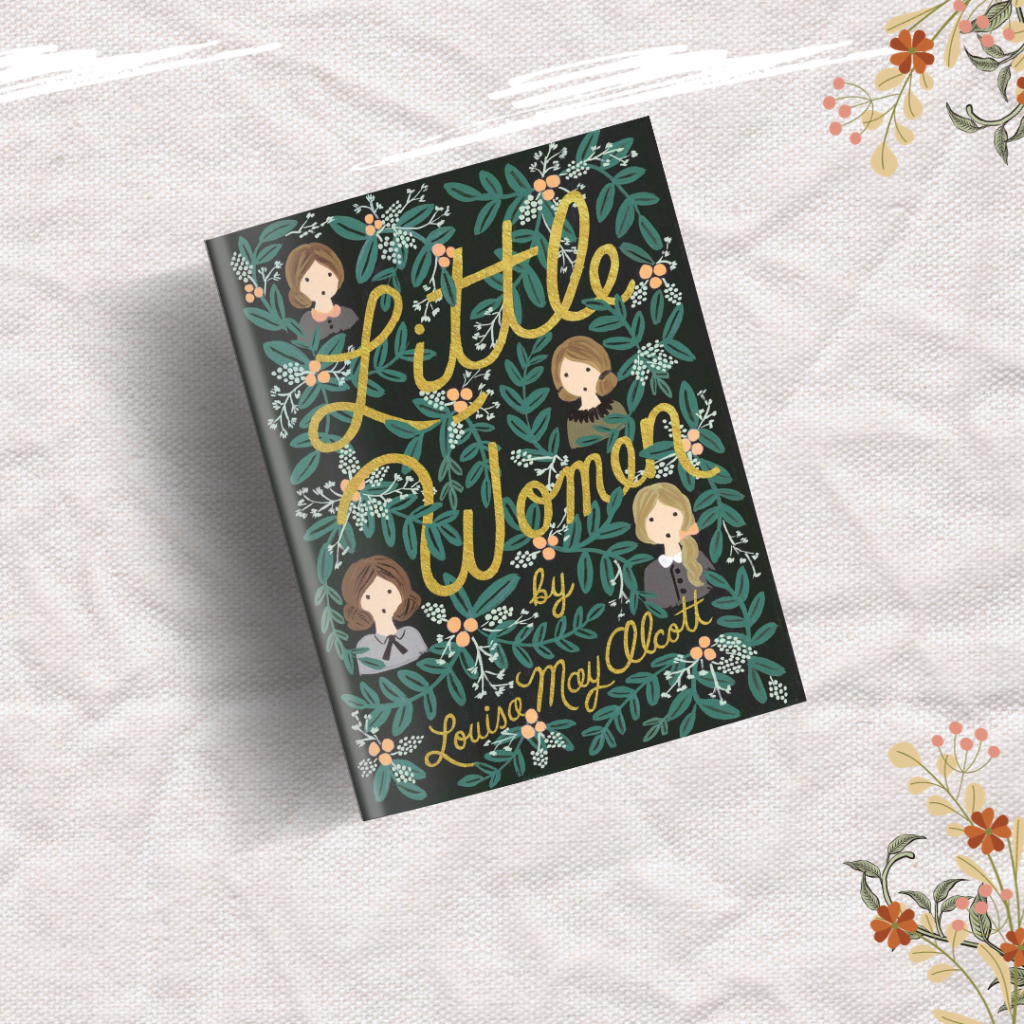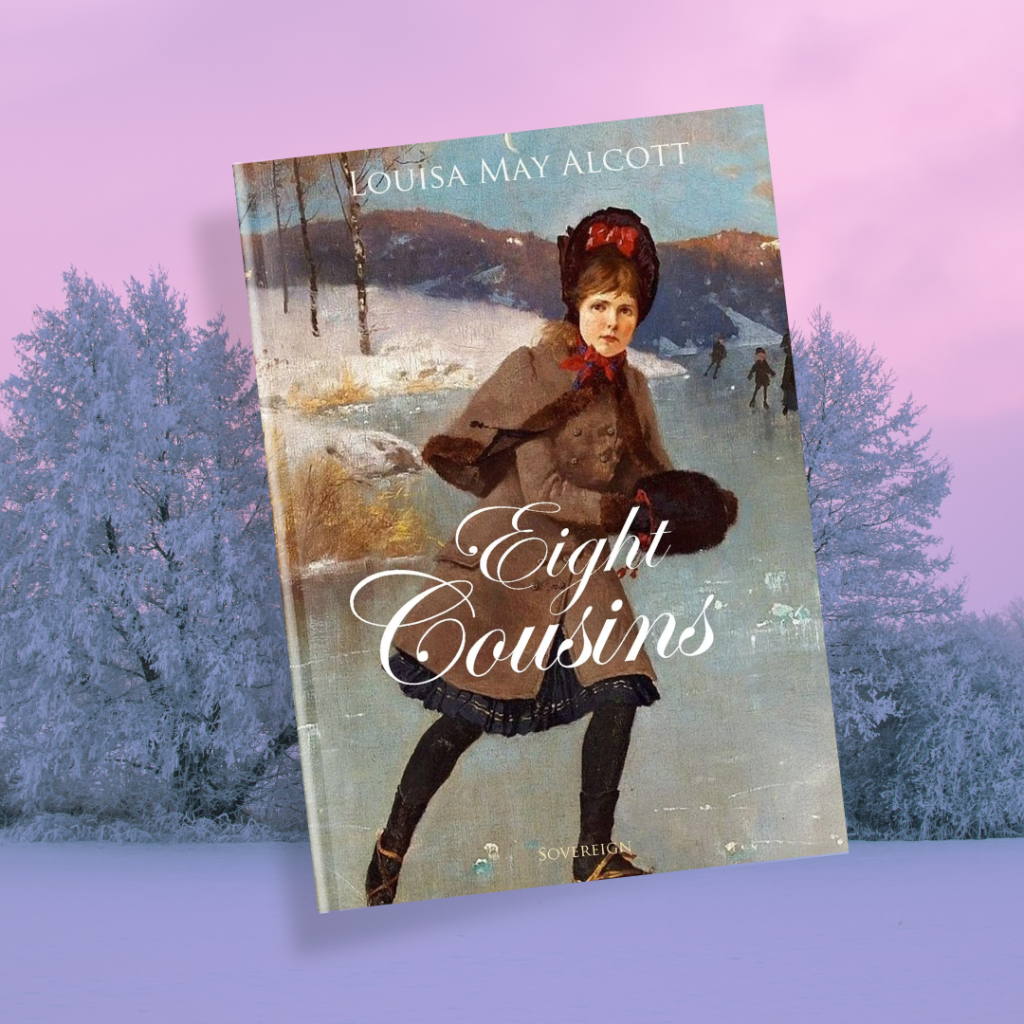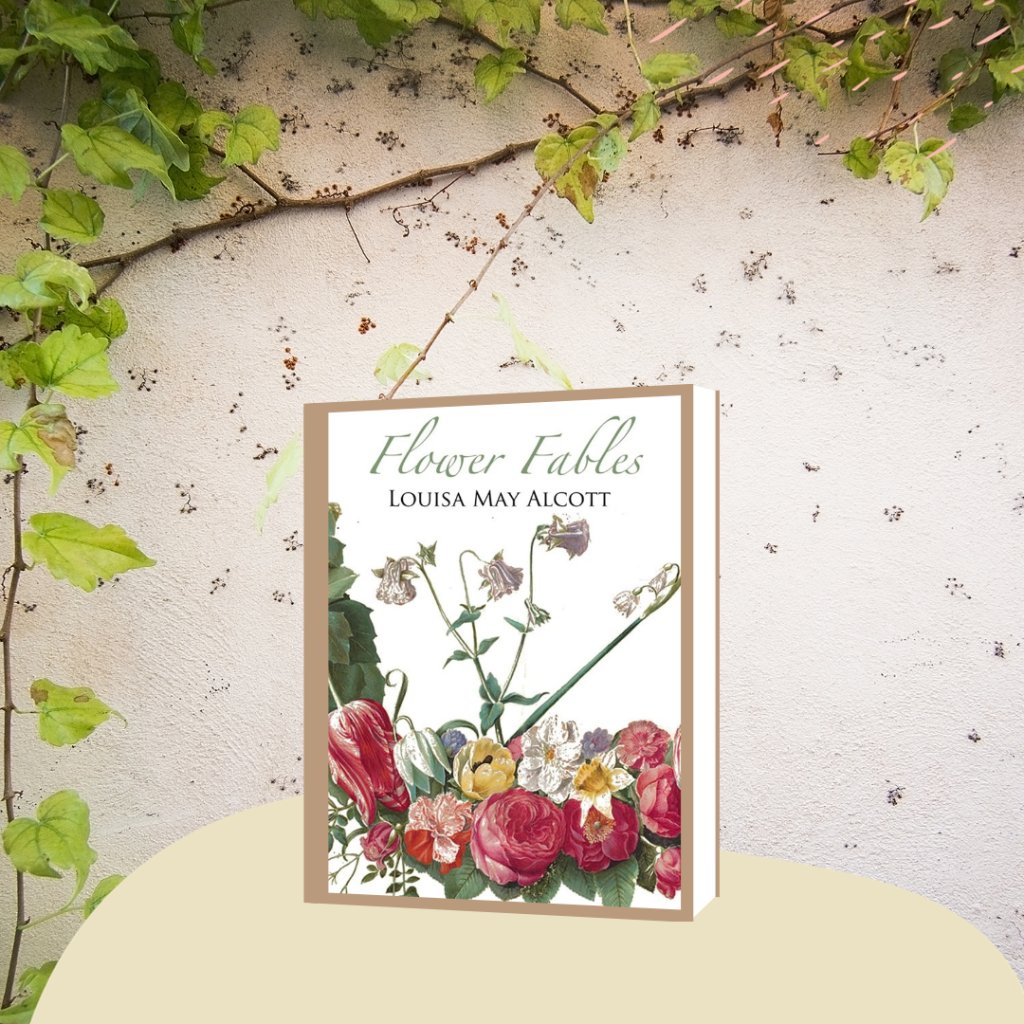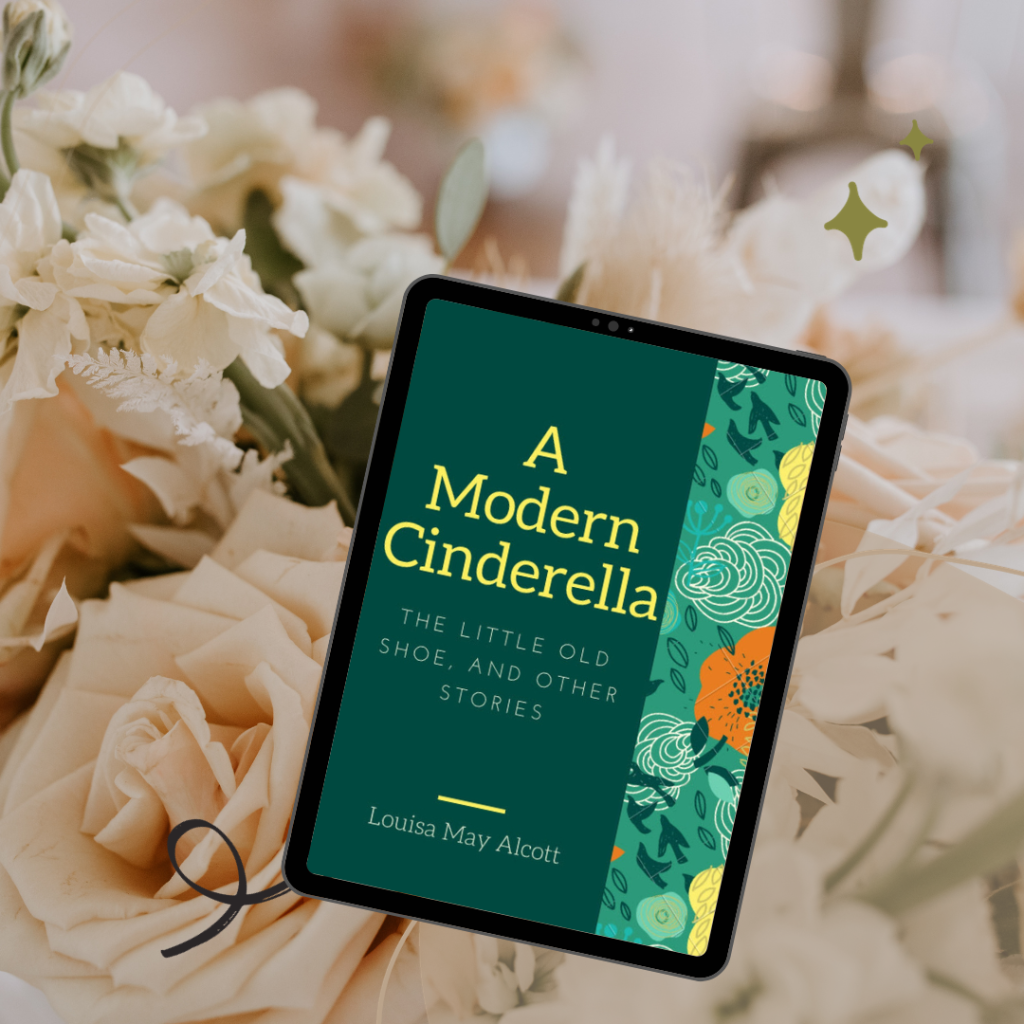Louisa May Alcott is best known as the talented author behind the beloved classic, “Little Women.” But beyond the pages of her famous novel lies a truly fascinating life filled with adventure, ambition, and independence. In this article, we dive deeper into the incredible life of Louisa May Alcott, uncovering 10 intriguing facts that shed light on her remarkable journey.
From her unconventional upbringing in a transcendentalist commune to her courageous work as a Civil War nurse, Alcott defied societal norms and blazed her own trail. We’ll explore her close relationship with her family, including her famous father, Bronson Alcott, who was a prominent philosopher of his time.

We’ll also reveal the real-life inspiration behind some of Alcott’s most beloved characters, as well as the challenges she faced as a female writer in the 19th century.
Whether you’re a long-time fan of “Little Women” or are simply curious about this incredible literary icon, join us as we delve into the captivating life of Louisa May Alcott. Get ready to be inspired by her resilience, creativity, and unwavering dedication to her craft.
1. “Free-Range” Childhood
Louisa May Alcott’s childhood was far from ordinary. Raised in a transcendentalist commune known as Fruitlands, she and her three sisters experienced a unique and unconventional upbringing. The commune, founded by her father Bronson Alcott, aimed to live a simple and self-sufficient life in harmony with nature. However, the experiment ultimately failed due to its extreme ideals and the hardships that came with them.

Despite the challenges of her early years, Alcott’s childhood was filled with imagination and creativity. She and her sisters engaged in imaginative play, wrote and performed plays, and explored the natural world around them. These experiences would later shape Alcott’s writing and provide material for her stories, including “Little Women.”
2. Louisa May Alcott’s Family Contribution to the Underground Railroad
Louisa May Alcott’s family played a significant part in the fight against slavery. Her parents, Bronson and Abigail Alcott, were actively involved in the Underground Railroad, a network of secret routes and safe houses used by enslaved African Americans to escape to free states or Canada.
The Alcott home in Concord, Massachusetts, served as a stop on the Underground Railroad. Alcott’s parents provided shelter, food, and support to fugitive slaves seeking freedom. Young Louisa witnessed firsthand the bravery and sacrifice of those involved in the abolitionist movement, which undoubtedly influenced her own beliefs and values.
Alcott’s commitment to social justice is evident in her writing. In “Little Women,” she addresses issues of gender inequality, poverty, and the importance of education for women. Her characters are often strong-willed and independent, reflecting the values she inherited from her family and the experiences she had growing up.

3. Her Role as a Nurse During the Civil War
When the Civil War broke out in 1861, Louisa May Alcott felt a strong calling to serve her country. She volunteered as a nurse in a Union Army hospital in Washington, D.C., an experience that would have a profound impact on her life and writing.
As a nurse, Alcott faced the harsh realities of war, witnessing the suffering and loss of life firsthand. Alcott’s experiences as a nurse during the Civil War inspired her to write a collection of letters titled “Hospital Sketches,” which documented her observations and reflections. Her nursing experience would later influence her portrayal of selfless and caring characters in her novels, such as Beth March in “Little Women.”
4. Louisa May Alcott’s involvement in the women’s suffrage movement
Louisa May Alcott was not only a trailblazing writer but also a passionate advocate for women’s rights. She actively participated in the women’s suffrage movement, which fought for women’s right to vote and equal rights in society. She became the first female voter in her hometown Concord, Massachusetts.
Alcott believed in the power of education and the importance of women’s voices being heard. She attended suffrage rallies, signed petitions, and even wrote articles and speeches in support of women’s rights. Her commitment to the cause was unwavering, and she used her platform as a respected author to promote gender equality.
5. No Interest in Marriage
Louisa May Alcott, both in her fiction and real life, displayed a distinct disinterest in the traditional “marriage plot.” In her journal, Alcott candidly expressed her frustration with the notion that a woman’s life should be solely defined by marriage, writing, “Girls write to ask who the little women will marry as if that was the only end and aim of a woman’s life…”

This sentiment emerged after the first half of her novel “Little Women” was published, and she began receiving numerous fan letters inquiring about the romantic fates of her characters. Alcott’s perspective on marriage was further crystallized in her famous assertion, “I’d rather be a free spinster and paddle my own canoe,” encapsulating her preference for independence and self-determination over conforming to societal expectations tied to marriage.
6. Louisa May Alcott and Her Famous Friends
Louisa May Alcott’s upbringing was undeniably steeped in literary circles, providing her with unique opportunities to interact with famous authors of her time. The Alcotts’ home served as a gathering place for esteemed writers and thinkers, including Ralph Waldo Emerson, Henry David Thoreau, and Nathaniel Hawthorne. These luminaries frequently engaged in spirited discussions and shared their literary pursuits, undoubtedly leaving a lasting impression on the young Louisa.

She read books in Emerson’s library and learned about botany at Walden Pond with Thoreau, later writing a poem called “Thoreau’s Flute” for her friend. She also socialized with abolitionist Frederick Douglass and women’s suffrage activist Julia Ward Howe.
Her first book was Flower Fables published in 1849 was a selection of tales originally written for Ellen Emerson, daughter of Ralph Waldo Emerson.
7. She Preferred Writing Short Stories
Louisa May Alcott had a particular affinity for crafting short stories, finding within their brevity and conciseness a unique canvas for her literary talents. While she is best known for her iconic novels like “Little Women, An Old-Fashioned Girl, and Eight Cousins” — she did not consider these kinds of novels to be her best work.
It was in the realm of short stories that she often felt most creatively liberated. Her mastery of the short story format allowed her to experiment with a wide range of themes, characters, and narrative styles. Alcott’s short stories often delved into poignant explorations of human nature, social issues, and the complexities of everyday life.

Among her best-known short stories is “A Modern Cinderella,” where she puts a twist on the classic fairy tale, highlighting her knack for reimagining timeless narratives. Alcott’s “My Contraband” delves into the complexities of race and identity during the Civil War, demonstrating her commitment to addressing social issues.
Additionally, “The Abbot’s Ghost” and “Lost in a Pyramid” exemplify her flair for weaving elements of the supernatural into her narratives. These stories, among many others, illustrate Louisa Alcott’s versatility and skill in crafting short stories that continue to captivate readers with their enduring themes and masterful storytelling.
THE SHORT STORIES
A Modern Cinderella
In this delightful tale, Alcott puts her own spin on the classic Cinderella narrative, infusing it with her characteristic wit and wisdom. The story follows a young woman named Sylvia, who, despite her humble circumstances, possesses a kind and generous spirit.
Through a series of fortuitous events and the magic of a Christmas Eve party, Sylvia’s life takes a turn for the better. Alcott’s “A Modern Cinderella” not only offers a heartwarming and timeless story of transformation and love but also showcases her ability to breathe new life into familiar fairy tale motifs, making it a beloved addition to her body of work.
My Contraband
“My Contraband” is a poignant short story published during the American Civil War. In this powerful narrative, Alcott explores the themes of race, identity, and the human cost of conflict. The story revolves around a nurse, Faith Dane, who tends to wounded soldiers, including a mysterious “contraband” named Cato, who has escaped from slavery.
Through Faith’s interactions with Cato, Alcott delves into the complexities of the era, shedding light on the injustices of slavery and the profound impact of war on both individuals and society. “My Contraband” is a testament to Alcott’s social conscience and her ability to address pressing issues of her time through storytelling, making it a compelling and thought-provoking work in her literary repertoire.
The Abbot’s Ghost
A captivating short story that blends elements of mystery and the supernatural. Set in an old English abbey, the narrative follows the mysterious and eerie events that unfold after a group of friends decides to spend the night there. As they explore the abbey’s hidden chambers and secret passages, they encounter strange happenings and ghostly apparitions.
Alcott weaves an atmosphere of suspense and curiosity, keeping readers on the edge of their seats. Through “The Abbot’s Ghost,” Alcott demonstrates her storytelling versatility, creating a gripping tale that showcases her ability to craft engaging narratives outside her more well-known works like “Little Women.”
Lost in a Pyramid
This captivating narrative follows the journey of two friends, Clara and Orren, who find themselves trapped inside a dark and mysterious Egyptian pyramid. As they navigate the treacherous passages and face numerous trials, including dwindling supplies and encroaching darkness, the story delves into themes of survival, resilience, and the indomitable human spirit.
Alcott’s skillful storytelling takes readers on a thrilling and suspenseful ride, and “Lost in a Pyramid” showcases her ability to create a gripping tale that combines elements of adventure and introspection, making it a standout piece in her body of work.
THE NOVELS
Little Women
“Little Women” by Louisa May Alcott is a beloved classic that has captured the hearts of readers for generations. Published in 1868, it tells the heartwarming story of the four March sisters—Meg, Jo, Beth, and Amy—and their coming of age during the Civil War era. Each sister possesses a unique personality, and the novel beautifully chronicles their joys, struggles, and personal growth as they navigate the challenges of poverty, societal expectations, and the pursuit of their dreams.
Alcott’s timeless exploration of family, sisterhood, and the pursuit of one’s passions resonates with readers of all ages, making “Little Women” a cherished tale that continues to inspire and uplift with its enduring themes of love, resilience, and the power of female friendship.
Eight Cousins
“Eight Cousins” by Louisa May Alcott is a delightful novel that combines Alcott’s signature warmth with a coming-of-age story. Published in 1875, it follows the adventures of Rose Campbell, a recently orphaned girl who is sent to live with her extended family of seven male cousins. Raised in the genteel, all-female environment of her great-aunts, Rose’s transformation as she adapts to her new surroundings and forms close bonds with her cousins forms the heart of the narrative.
Through the story, Alcott explores themes of independence, gender roles, and the power of family support. “Eight Cousins” remains a timeless tale of personal growth and resilience, with Alcott’s keen insights into human nature shining through the characters and their experiences.
An Old-Fashioned Girl
“An Old-Fashioned Girl” is a charming novel written by Louisa May Alcott, first published in 1870. The story revolves around the life and adventures of Polly Milton, a wholesome and old-fashioned girl from the countryside who comes to the bustling city of Boston. There, she encounters the wealthy Shaw family, and her friendships with them lead to a series of life lessons and transformations for both Polly and her newfound urban friends.
The novel explores themes of values, simplicity, and the clash between traditional and modern ideals. With Alcott’s characteristic warmth and moral insight, “An Old-Fashioned Girl” remains a beloved work that offers readers a timeless glimpse into the changing landscape of American society in the late 19th century.
8. Louisa May Alcott pretended to be her own servant.
Known for her playful and mischievous spirit, Alcott extended it to her interactions with fans. On one occasion, she decided to have some fun and playfully deceive her admirers. Alcott disguised herself as her own servant, adopting a completely different persona. This clever ruse allowed her to engage with fans who visited her home without revealing her true identity.
By assuming the role of a servant, she observed firsthand the curiosity and enthusiasm of her readers as they discussed her work and their admiration for the famous author. Louisa May Alcott’s humorous and down-to-earth approach to fame endeared her even more to her audience, showcasing her genuine and approachable nature.
